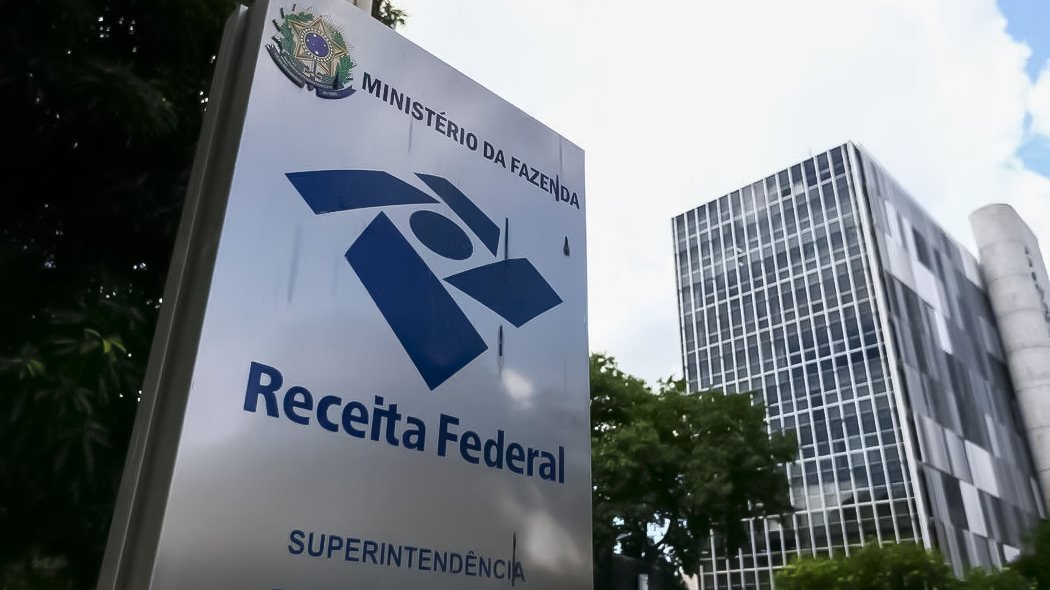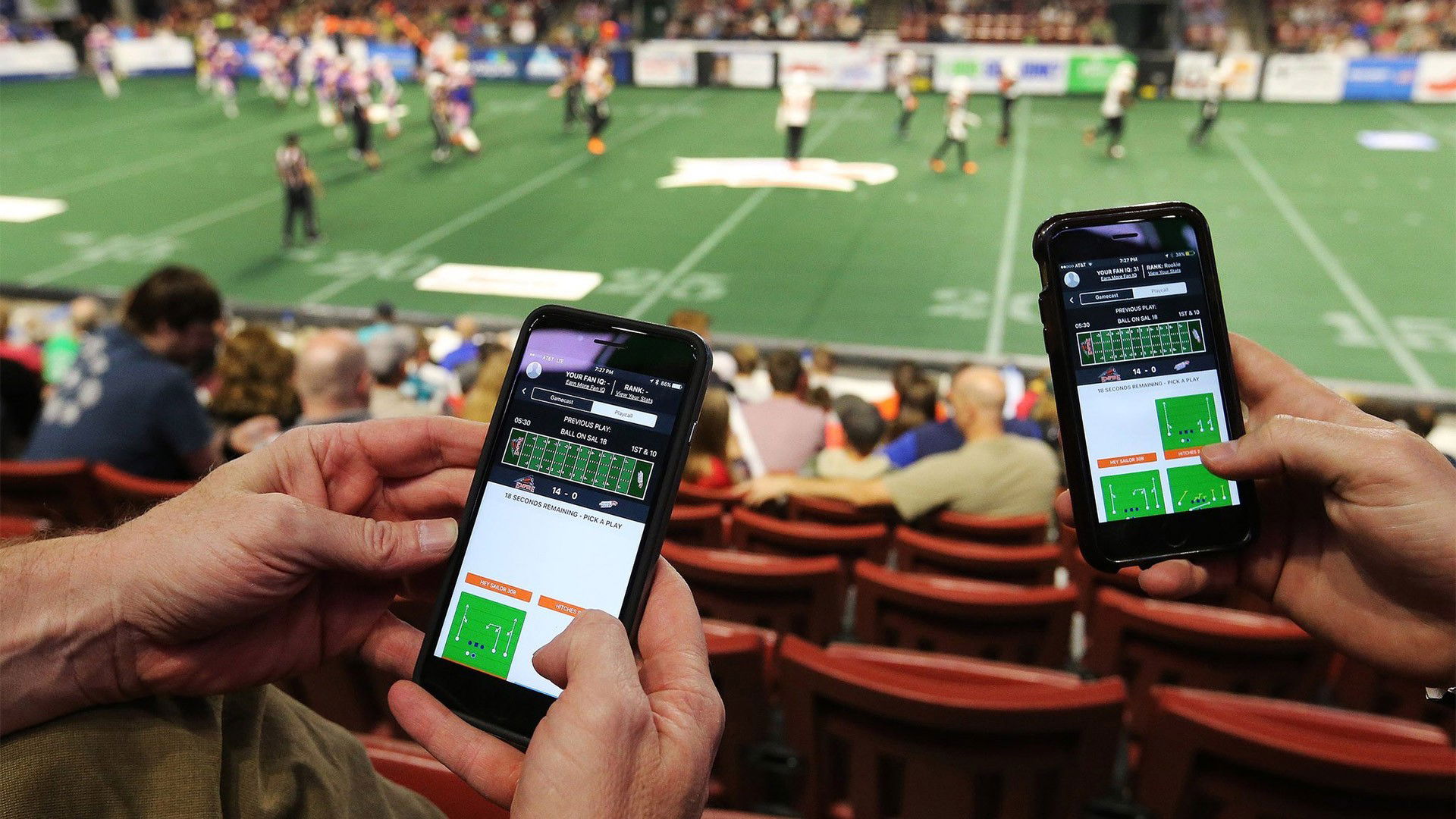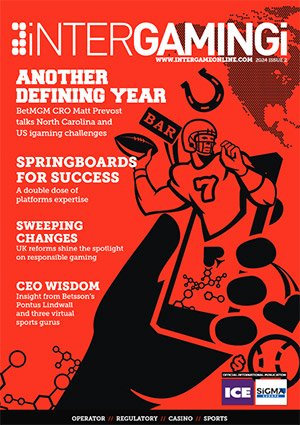"The vast majority of eSports is free from corruption"

IBIA reported 76 cases of suspicious betting during the third quarter, 31% higher than Q2 2020, and more notably 52% higher than Q3 2019. How would you assess this year-over-year increase, and the current global situation of sports betting integrity? Which roles has the pandemic played in this, and how have major betting operators and regulators responded from March until today, in your view?
It’s been a turbulent year for the betting industry with major sporting events being postponed and retail outlets being forced to close. From an integrity perspective, there have been concerns about privately organized tournaments that have emerged to replace the traditional sporting calendar. However, at IBIA we have been not only following these trends but also leading on a number of issues. At the start of the first global lockdown, we put in place a process for monitoring and reporting suspicious betting patterns emerging from privately organized tournaments. This included working even closer with our existing stakeholders such as the IOC and the Tennis Integrity Unit but also reaching out to data providers. In those uncertain times, we wanted to ensure clear communication and timely cooperation, so we also initiated a series of webinars between our members, sports and regulators to provide a cohesive and coordinated response to any of the challenges posed by Covid-19.
Which factors do you think are involved in the fact that 66% of alerts came from football and tennis in Q3, and most of the alerts (34) took place in Europe?
Football and tennis are the most bet on sports and have consistently been the top two sports in terms of the alerts that are reported. A large number of sporting events take place in Europe and our members, whilst operating globally, are licensed and regulated across much of Europe and correspondingly have a large customer base there; much of the content they offer is therefore often European focused. However, with Betcris being the first non-European based member to join us since we rebranded in 2019, we expect to see more alerts from outside of Europe in the future, especially as our membership increases with operators from around the world as more jurisdictions licence and regulate betting. If we look at the global figures of the reported alerts in 2019 for example, over half the alerts (52%) came from outside of Europe, an increase of 7% compared to 2018.
eSports betting was one of the trending industries since the pandemic began, and several times it raised concerns over integrity issues. It saw 14 alerts in Q3 and 12 in Q2. What do you take from these numbers, and how would you assess this global industry in terms of integrity as it keeps growing worldwide?
There is no doubt that eSports was one of the biggest winners from the pandemic, especially as it can be conducted remotely and does not require in-stadium events, albeit those are very well-attended. Before Covid-19 eSports betting was predominately based around real time strategy games like League of Legends and DOTA 2 but what the pandemic did was push more conventional video games like FIFA and NBA2K into the fore. This brought a number of integrity challenges; however, we have a long-standing relationship with the eSports Integrity Commission (ESIC) and reported our alerts to them, which they are investigating. It is important to remember that alerts cover suspicious betting, it doesn’t mean that match-fixing has definitely taken place and the vast majority of eSports is free from corruption. However, where proven we welcome strong sanctions which ESIC has been handing out.
In May, you called on all parties engaged in the supply chain of sports event data for betting to adhere to global best practice standards around the sale, collation and distribution of sports data for betting. Have you seen any progress in that sense since then, considering the massive shift to online operations worldwide? What further insights could you share regarding your recently released set of standards governing the procedure for the collation of sporting event data for betting? What are the results and feedback regarding the process to obtain a Data Standards Kitemark so far?
Accurate, reliable and transparent sporting data is imperative for betting operators and ensuring that the data supply chain is robust and secure has become a central issue for the responsible regulated operators that IBIA represents. No data approach is immune from potential corruption, but measures can and should be taken to guard against illicit activity and effective controls can minimise any risks. The set of standards we have produced is focused on three key areas: personnel vetting and training; the data collation process; and data integrity and reporting.
Within these sections are a range of requirements seen as important working practices in the collation of data, such as ensuring that data collectors are well-trained, avoiding potential conflicts of interest and maintaining the security of event data. The integrity reporting section is of particular interest for IBIA and its members and, as it states, upholding and protecting the reliability and credibility of sporting data is of paramount importance for us. That section promotes that a detailed risk assessment should be conducted on any sporting events and competitions on which data is collated, with ongoing monitoring and review. Furthermore, where any data integrity issues are identified, that all parties in that data supply chain and any other relevant integrity stakeholders must be informed immediately.
The feedback that we have received to date has been overwhelmingly positive. Many recognise that the danger to the integrity of sporting event data persists and coordinated action is an effective countermeasure. Ultimately, our core aim is to benefit all concerned in the data supply chain.

















































